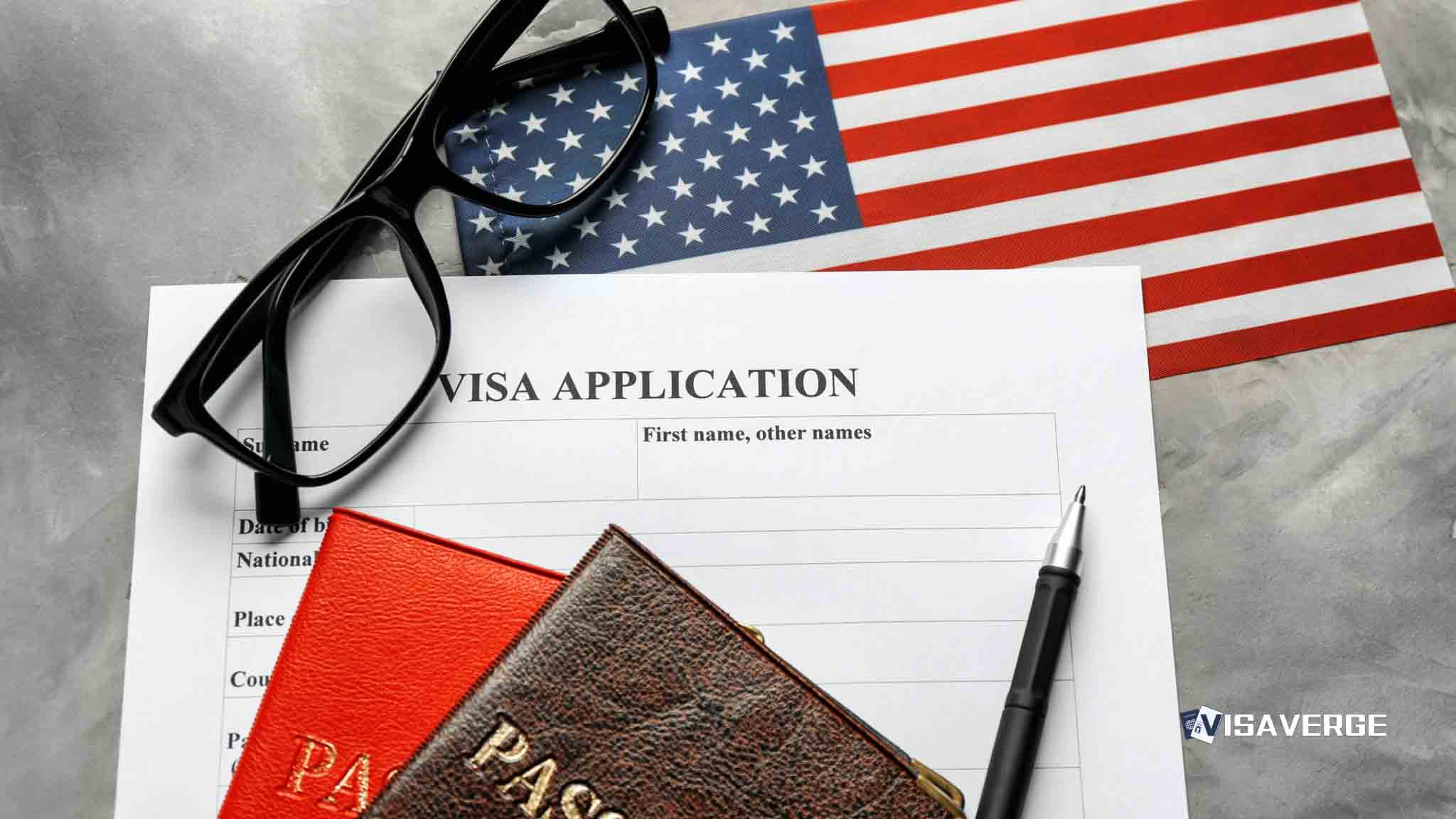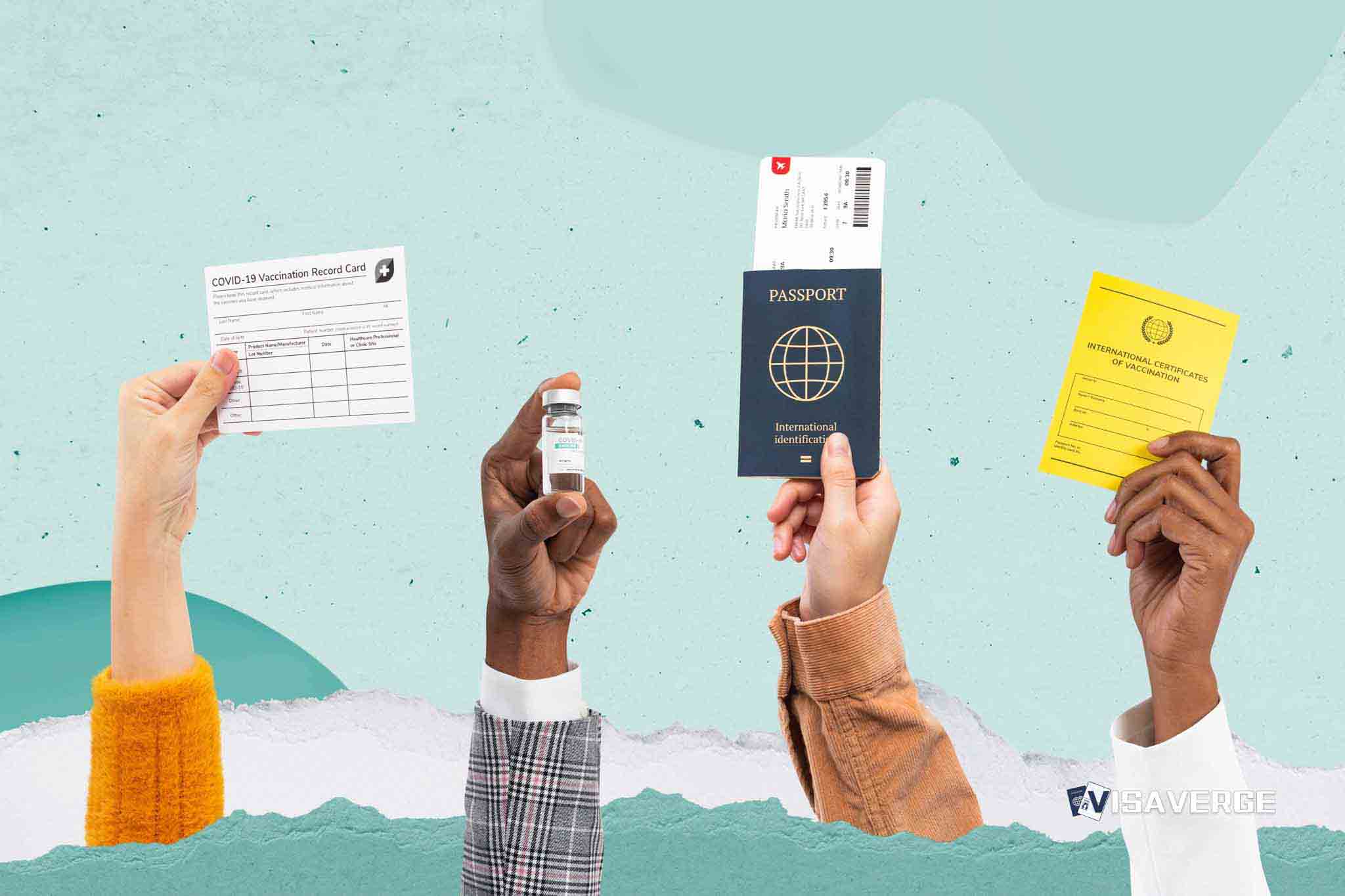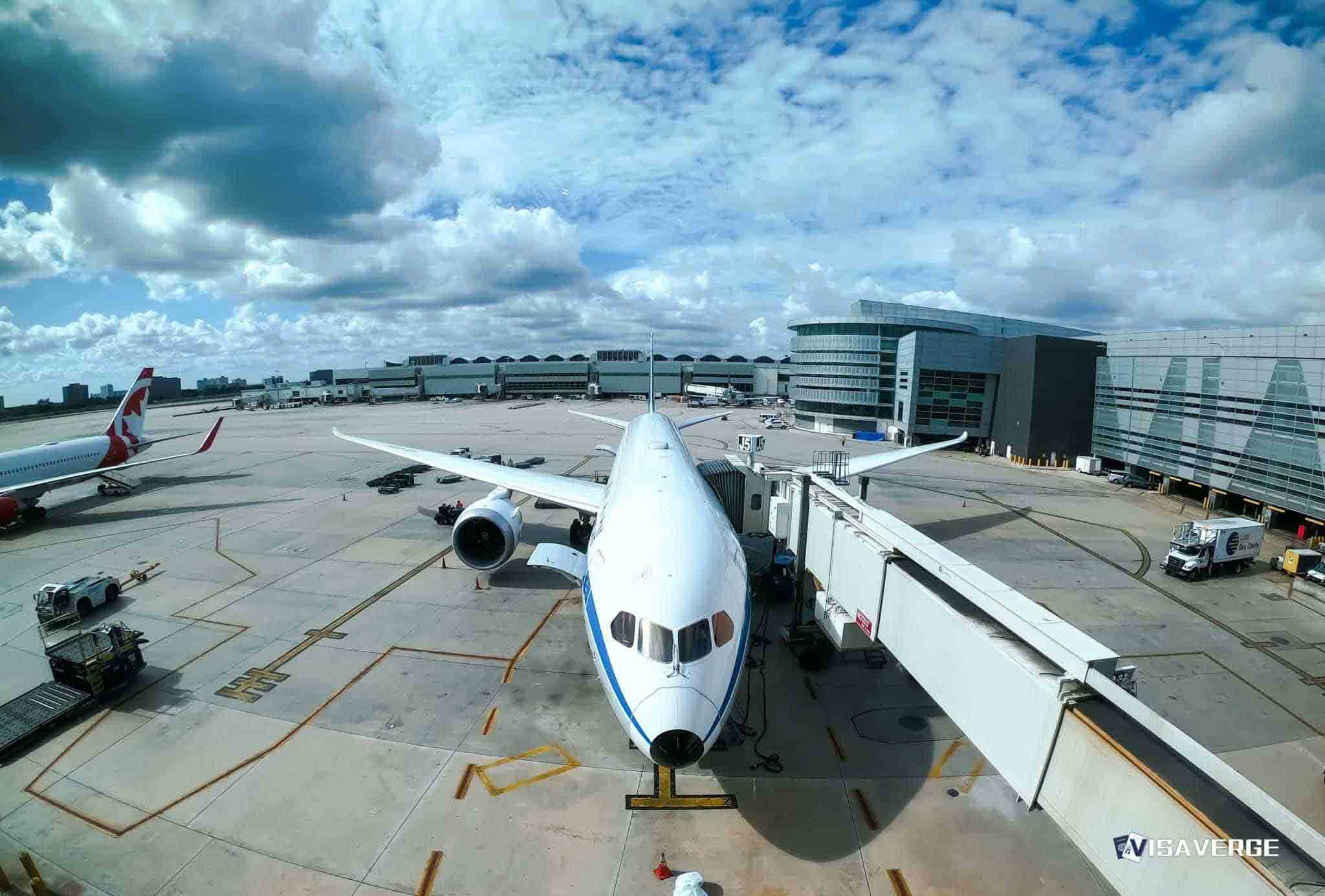(LONDON, UNITED KINGDOM) Indian students across the United Kingdom 🇬🇧 have created a new national body to confront rising job struggles after graduation, launching the Indian National Students Employability Council, or INSEC, at an event in the Houses of Parliament in London in November 2025. The council aims to tackle what many describe as a growing crisis of unanswered job applications, employer hesitation, and policy pressure facing the UK’s largest group of international students.
Who are the students and why this matters now
Indian students now number around 166,000 in UK universities, making them the biggest international cohort in the country. Many arrived expecting that a British degree, strong English skills and the country’s post-study work policy would open doors to early-career roles.

Instead, growing numbers report that:
– Emails to recruiters go unanswered.
– Applications are rejected quickly by automated systems.
– Some employers appear wary on seeing a foreign name or visa history on a CV.
These experiences have prompted students to organise a coordinated response rather than rely on ad-hoc support.
The new council: partners and purpose
INSEC is a joint initiative between the Indian National Students Association UK (INSA UK) and the career-tech platform Creoo. According to analysis by VisaVerge.com, the partnership is one of the first nationwide efforts to focus specifically on employability outcomes for Indian students, not just cultural events or welfare.
The organisers say their goals are to:
– Build a single, organised voice for Indian students.
– Engage with universities, employers and governments in both the UK and India.
– Move from social-media complaints to data-based, actionable solutions.
The policy context: Graduate Route visa concerns
The launch coincides with growing anxiety over the future of the Graduate Route visa, the post-study work route that currently lets international graduates stay in the UK for up to around 18 months while they look for jobs.
The government describes this category, officially called the Graduate Route visa, as a key part of its offer to attract global talent. But many students argue that, while permission to stay exists on paper, it is not turning into real job offers because too many employers do not understand what the route allows.
Student-reported consequences in daily job searches include:
– Online application forms with questions seemingly designed for British or settled applicants only.
– Recruitment staff assuming anyone on a student or graduate route immediately needs Skilled Worker sponsorship.
– Applications quietly filtered out long before interview stages.
INSEC’s approach: coordinated services and outreach
INSEC’s mission is to offer a national platform that brings together:
– Career mentorship
– Employer training
– Policy engagement
– Research
Rather than each campus society or WhatsApp group acting alone, INSEC will coordinate efforts across universities and regions.
Flagship project: National Career Roadshow
One of the flagship projects is a National Career Roadshow visiting leading UK universities, including:
– London School of Economics
– University College London
– King’s College London
– University of Birmingham
– University of Bath
– Queen Mary University of London
Organisers plan to reach more than 1,000 students with:
– Intensive career accelerators
– One-to-one mentorship sessions
– Employer-student meet-and-greets
During the roadshow, INSEC will focus on both practical skills and bridging information gaps between students and employers.
What students and employers will gain
For students:
– Clear guidance on UK recruitment cycles and employer expectations.
– Advice on presenting overseas experience and qualifications to appeal to local hiring managers.
For employers:
– Explanations of visa routes and myths about sponsorship costs.
– Help seeing Indian students as long-term assets rather than short-term risks.
Research and policy engagement
INSEC plans to create a National Advisory Board of student leaders, industry figures and academics to present data-driven evidence to policy-makers.
- Early in 2026, INSEC aims to publish the first UK-wide study focused specifically on the careers of Indian graduates, mapping:
- Who finds work
- Which sectors they enter
- Under what immigration conditions
INSA UK is already in talks with the Indian High Commission and the UK’s Foreign, Commonwealth and Development Office to explore joint campaigns educating UK employers on fair hiring practices for international graduates.
The wider labour-market and immigration pressures
Student groups cite recent figures suggesting only about 30% of international students in the UK secure what they consider suitable jobs after graduating. Many outcomes include:
– Casual roles unrelated to degrees
– Early returns to home countries
– Moves to other nations perceived as more welcoming
Key structural pressures include:
– Increased salary thresholds for Skilled Worker visas, making many entry-level offers ineligible.
– Large employers reducing sponsorship licences and graduate schemes for overseas applicants.
– Sectors affected include social care, creative industries and small start-ups.
These changes make the staged move from student status → Graduate Route visa → Skilled Worker sponsorship less stable than before.
Non-legal barriers and personal impacts
Students also face non-legal challenges:
– Cultural adjustment and high living costs (notably in London)
– Family pressure and financial burdens (loans and savings)
– Repeated automated rejections that erode confidence
“Each application ignored, each interview cancelled because of visa doubts, and each degree that fails to translate into a stable job affects not only an individual student but also their family and community back home.”
INSEC emphasises that human stories behind the statistics remain central to their campaign.
Employer education as part of the solution
INSEC argues that educating employers—especially small and medium-sized firms—is crucial. Many have never hired an international graduate and may not understand that:
– A person on the Graduate Route visa can work in almost any role without immediate sponsorship.
– Sponsorship can often be planned in a measured way later on.
Planned employer supports include:
– Training sessions
– Simple guidance materials
– Direct contact points for recruiters
Stakes for universities and employers
Indian students contribute significantly to university finances and international reputations. If perceptions spread that UK degrees no longer lead to fair job chances, future applicants may favour Canada 🇨🇦, Australia, or select European countries.
For employers, the stakes involve skills and diversity:
– Sectors such as technology, finance, engineering and healthcare rely on international talent.
– Indian graduates often bring quantitative skills, language abilities and cross-border experience.
If employers understand hiring rules and government policy remains stable, Indian graduates could be a steady pipeline of early-career talent.
Challenges ahead for INSEC
To succeed, INSEC must:
1. Build trust among students tired of vague advice such as “network more.”
2. Demonstrate value to employers who see international hiring as complex or risky.
3. Deliver clear communication, solid research and practical support.
If it achieves these aims, INSEC could move from a promising idea to a routine part of campus and corporate life.
Why the launch mattered symbolically
The launch inside the historic walls of the Houses of Parliament was both symbolic and strategic: a signal that Indian graduates are entering rooms where policy is discussed and could be changed.
As the first roadshow events roll out and the 2026 study on Indian graduate outcomes is produced, stakeholders will watch for early signs of progress. If INSEC can help even a fraction more of those 166,000 Indian students transition into fair, stable UK jobs, it could change the narrative prospective applicants use when choosing where to study and build their lives.
INSEC, launched in November 2025 at the Houses of Parliament, unites INSA UK and Creoo to address employability challenges faced by roughly 166,000 Indian students in the UK. The council will coordinate mentorship, employer training, policy engagement and research, including a 2026 UK-wide study. Its National Career Roadshow will visit top universities to reach over 1,000 students. INSEC aims to educate employers about the Graduate Route visa and shape policy to convert post-study permission into real job opportunities.













